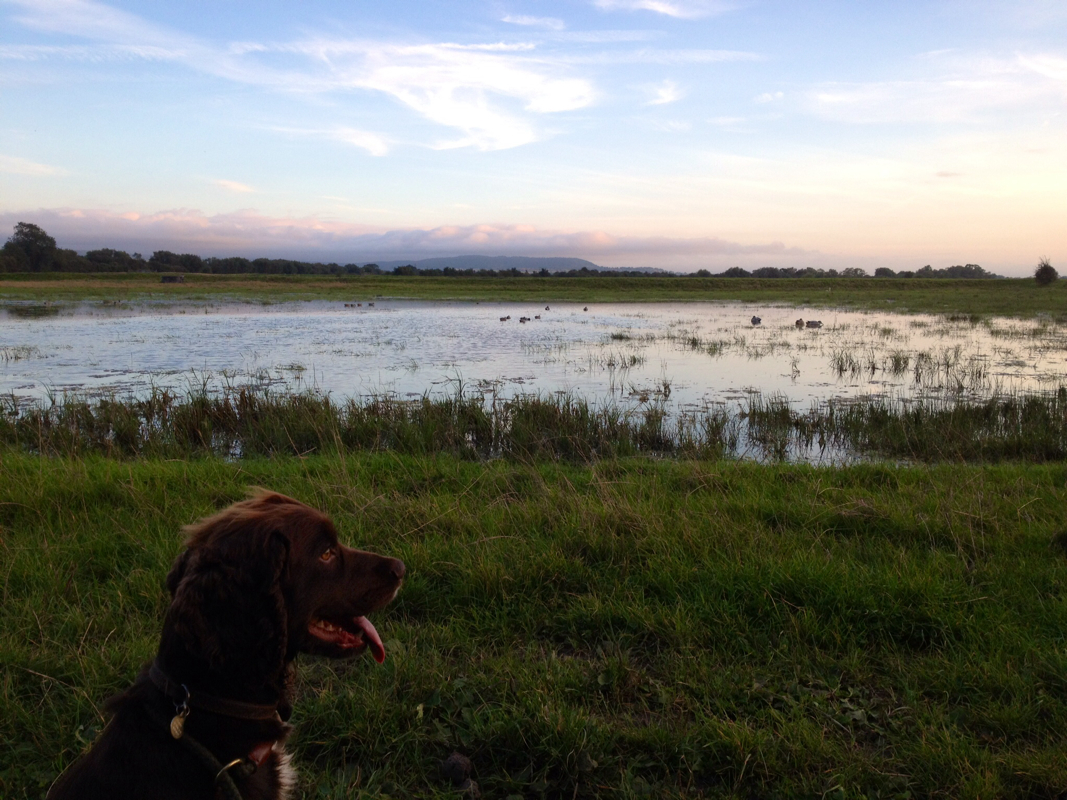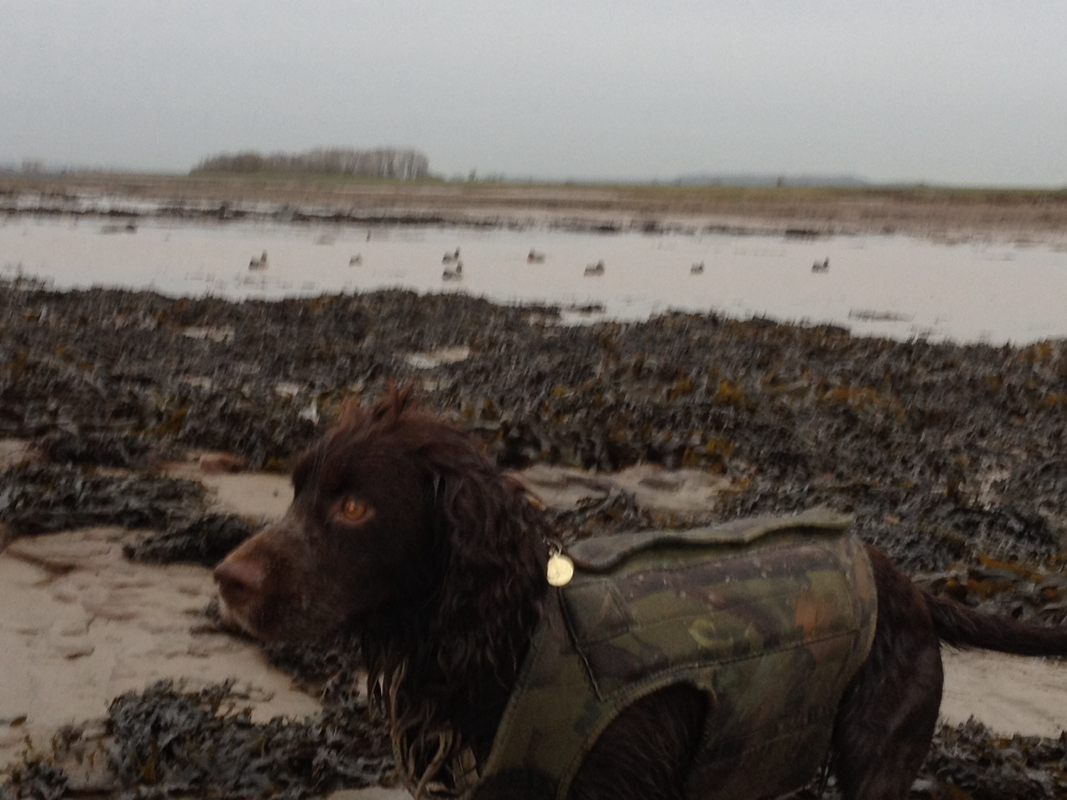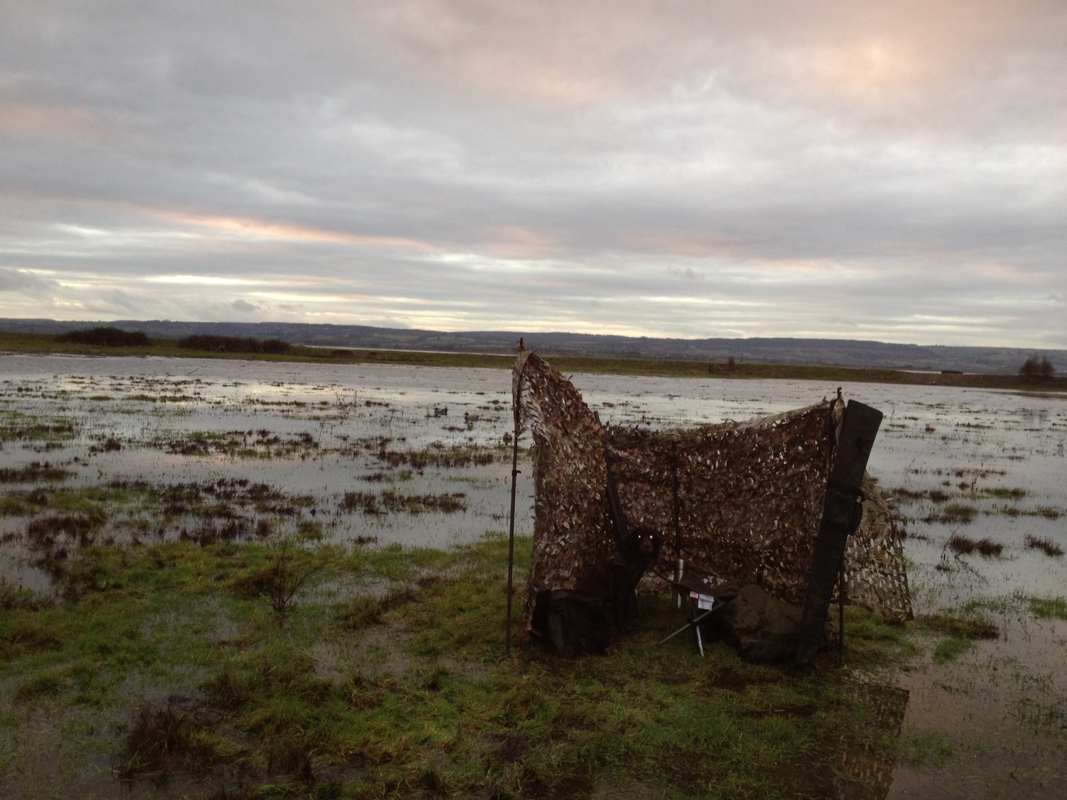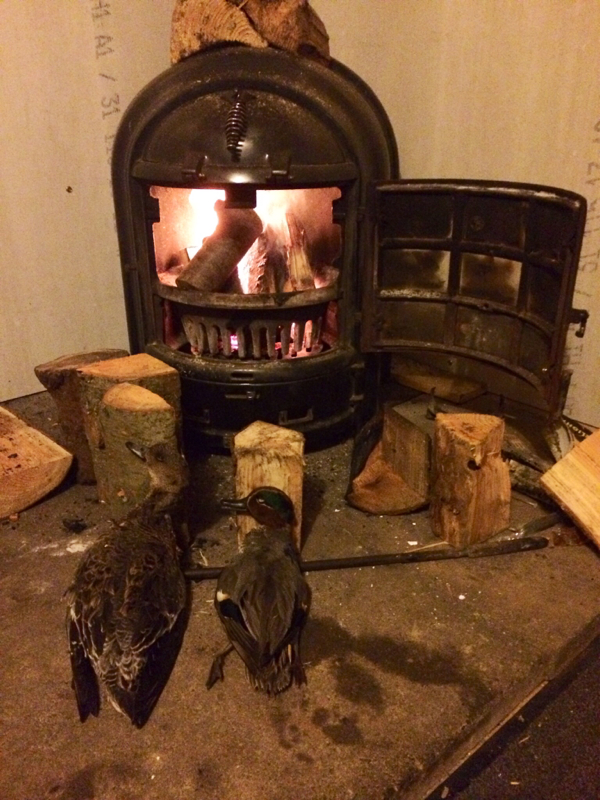Anyone who knows me, will know that I have a passion for wildfowling.
To me this is truly wild shooting, that requires a large amount of fieldcraft. Every bird on the ground, is hard earned.
I've have done plenty of formal driven shooting in my time, but these days it bores me. Dropped at a peg in a 4WD it just feels false, standing there waiting for the birds to come over in approximately the same direction.
The wildfowler has to endure hardships, be a better shot, as the birds can come at any angle and speed, often with poor light and terrible weather.
A Wildfowler has to be a trained ornithologist, get to know the habitats of the quarry. The effect of the weather, the tides and the moon, on the way the quarry behave.
There is something truly magical about waiting for the sun to rise or set, with the noise of the many waders coming from every direction.
The excitement and anticipation of the flight, that may or may not happen, is like no other feeling for me.
We are very often on our own with our dogs, with not a soul around. I personally love that feeling of isolation, on the very remote and wild British foreshore. I feel utterly removed from the world of modern living, every worry and stress dissolves.
Ducks and geese often flight right on the edge of dusk or dawn, as a hunter we need every sense and instinct available to pick up the birds against the dark sky. The bags are normally small and very hard earned. This combined with the wild nature of the marsh or foreshore, is like no other form of shooting to me.
We know every sound that our quarry makes, hearing them brings all of our senses alive and our hearts fill with excitement and anticipation.
Bad weather and strong winds tend to make the birds fly lower, trying to escape the wind. This brings them into the range of our guns. Fog or snow makes them follow the contours of the land. You have to learn how the quarry behaves, to be successful. The tides will push more birds off of the mud and the moon can make them flight later.
Birds will often follow rivers or drainage ditches. Taking the shortest route across promontories.
Like I said every bird is hard earned and deserved. This is proper hunting in my opinion.
I always use a semi automatic 12 bore, with a synthetic stock and barrel that isn't blued. The salt can soon destroy an unsuitable gun. The advantage of a semi auto, is that I can use heavy loads, without increasing the recoil. The third shot always comes in handy as well. There has been many occasions when I have killed with the 3rd shot.
You will need hides, face masks and keep bone still, or the birds will very often see you and veer away at the last minute.
I don't use Steel, as I personally find that it kills less effectively. The low density of steel 7.8g/cm3 leaks energy more quickly and limits the range of steel. Range is important when wildfowling on occasions. I am happy to use bismuth, tungsten matrix or Hevi-shot that have densities of 9.6g/cm3, 10.8 g/cm3 and 12.0g/cm3 respectively. Lead had a density of 11.0g/cm3 for comparison.
I used to carry duck and goose cartridges and switch between them. But this proved to be very difficult on occasions. Last season I shot 42g No.3 Tungsten Matrix at everything and didn't find this a problem, even shooting teal.
Foreshore, tide, splash (flooded fields), evening, morning and moon flighting all have there differences and appeal to me.
On the roosting or feeding grounds, we look for signs of recent activity, like fresh feathers or droppings, by day. This tells us were the birds have been recently feeding.
Using decoys and learning to call the ducks and geese, will all increase your chances. I've seen birds turned from 100s of yards away, to come over us on many occasions, using a call.
Always use a dog or go with someone who has a dog. To me it's a hunting crime to lose a bird in the water or reeds.
On top of this wildfowling is relatively cheap and accessible.
I personally love wildfowling and I suggest that if you haven't tried it, give it a go. But please don't be put off, by lack of success at first, like any good hunting discipline, it takes time to develop the skills to become a good Wildfowler.
Enjoy!
My Wildfowling club Gloucestshire Wildfowlers
http://www.youtube.com/watch?v=batlc14ZfqY&sns=em




 RSS Feed
RSS Feed
